
WHY YOUR NEW CAR SHOULD BE ELECTRIC
Much has been written and said about driving an electric vehicle, so naturally, there’s a lot of conflicting information out there as well. For those of us trying to be model citizens but barraged with so much superfluous information from all sides, we no longer know what to believe and what to throw out the window. Is an electric car really cheaper? Is it really much more sustainable than a car with an internal combustion engine?
If you’re confused, don’t worry. I researched all the benefits of electric driving, so all you need to do is read on.
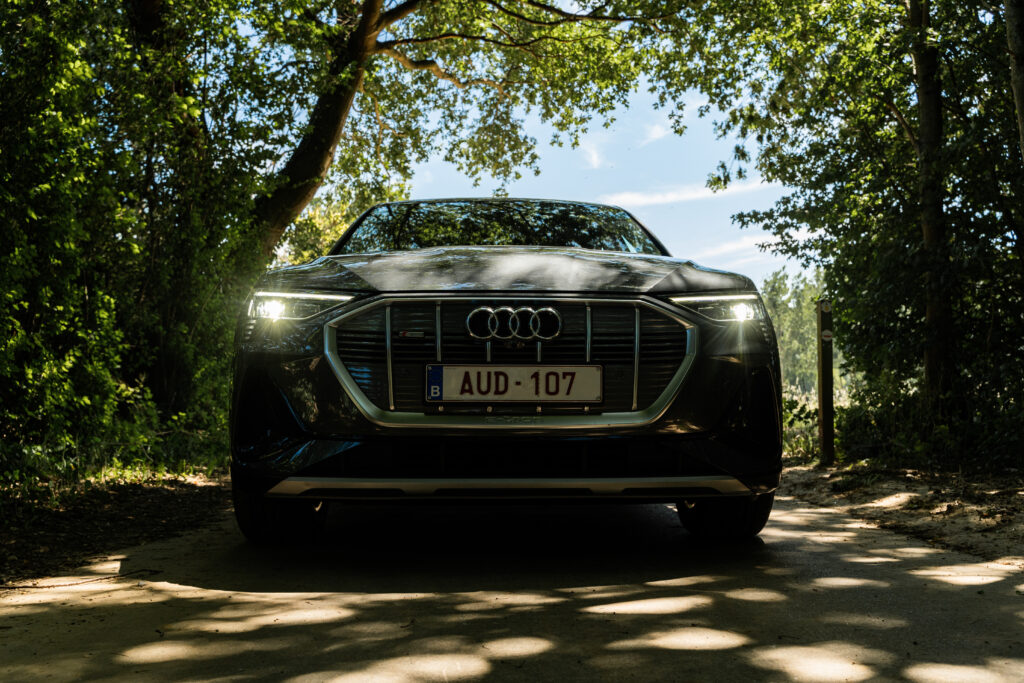
Environmental and personal well-being
One of the main reasons for choosing an electric vehicle is, of course, the environment. Diesel and petrol trucks cause enormous damage to Mother Nature. Everyone agrees to this point and the evidence is there. The millions of exhaust gases that are put into the atmosphere every day greatly contribute to the well-known greenhouse effect and its dire consequences.
Moreover, the exhaust gases (with all their associated fine particulates and soot) also attack our health. Getting a whiff of some fresh air in a city jam-packed with non-electric cars has become almost impossible.
Fossil fuels are also finite. One day, they will become very scarce and that will translate into higher prices. In addition, we still need petroleum for other more important purposes, such as the production of medicines.
An electric car can be fully charged in a sustainable manner, especially if you’re using the energy of your solar panels (super convenient if you’ve got some on the roof of your home!). And here’s some even more exciting news: cars with built-in solar panels have already gone into production! You probably won’t be able to make long road trips (yet), but you will get extra free electricity.
Check out our mini roadtrip in Limburg (Belgium) with this fantastic Audi e-tron Sportback.
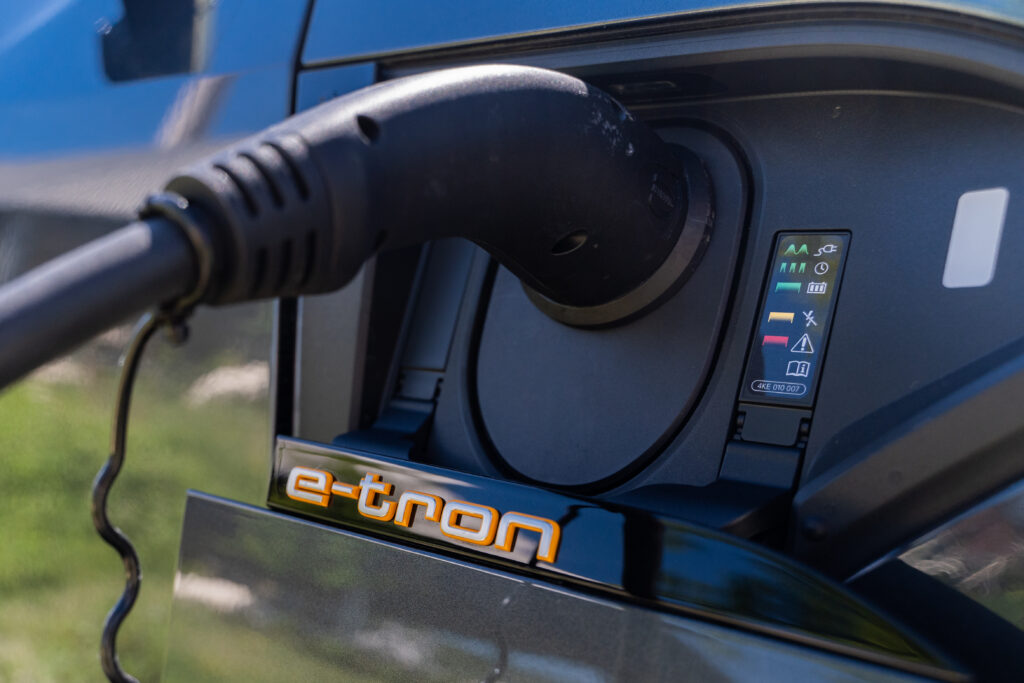
Furthermore, the batteries of your electric car should last for at least eight years (that’s what the brands promise and what you get warranty for). Then, when they are really worn out, 98% of the batteries can be recycled. On the other hand, if we look at traditional combustion engines, they generate a great deal of waste and pollution in eight years. Just think of all the parts that you’d have to replace during that time and all the liquids that your engine would have guzzled up. Needless to say, the environment will certainly benefit from your electric vehicle!


Cost effectiveness
Okay, so electricity is not free and you also pay quite a bit more for the purchase of an electric car. Yet, you’ll get to keep a lot of euros in your wallet when you choose an electric motor. In the long term, you will certainly benefit and the larger investment will undoubtedly pay off.
Fuel prices for diesel and petrol are roughly the same currently. In Belgium, you now pay between € 1.20 and € 1.30 per liter for diesel or petrol. However, this is a snapshot — we all know that prices have been much higher and fluctuate constantly. On average, charging an electric car in Belgium costs you approximately € 0.19 per kilowatt hour (it can range anywhere between € 0.11 and € 0.71, depending on where you’re charging and what type of charge you’re going for), which is significantly less than fuel prices.
Here’s an example: If we talk about a 40-liter tank, you would pay € 48 to € 52 in fuel per refueling, which on average would last for about 600 kilometers. To travel 600 kilometers with an electric car, you would need an average of two recharges and 102 kilowatt hours, which would cost a little more than € 19 in total. That’s less than half the price of fuel!
Tax incentives
Regular cars are being taxed more than ever these days. Today, your car’s CO2 emissions help determine the taxes you pay. Fortunately, new cars with a combustion engine have greatly reduced their emissions in recent years, but you will still have to transfer a large amount in tax administration fees.
For the average new small city car with a modest engine and low CO2 emissions, you’d still pay € 222 (with possibly a tiny deduction) in annual road tax. If you choose a car with more power, it will immediately cost you € 500 or more per year. Now, if you buy an electric car, you are exempt from this tax… quite a nice amount to save every year!
Read our article on CO2 Compensation here

Moreover, an electric car not only allows you to save on road tax annually, you are also exempt from the tax for entry into service (BIV). That amounts to another € 500 to € 1000 that you can leave in your wallet!
Easy maintenance
So, I’ve already talked about energy costs and taxes, but here’s another good point: the maintenance of your electric car will also be much cheaper and simpler. That’s because there are far fewer wear parts compared to cars with a combustion engine. Just think of air and oil filters, the fuel pump, the gearbox and the exhaust. You won’t have to purchase the accompanying liquids (or you will need them to a much lesser degree). Maintenance of an electric car is usually at least half as cheap and less inspection is required.
Also, because electric cars have significantly less wear parts, they last longer. Maintenance usually only includes checking the battery, brakes, cooling and software updates. Only your tires may need to be replaced a bit earlier due to the higher torque and the extra weight of the batteries. Your brakes would last longer because of regenerative braking (this means that the motor will rotate in reverse when decelerating to give resistance). This reduces the wear on the brakes, but it also generates new energy for the battery, which improves your driving range.
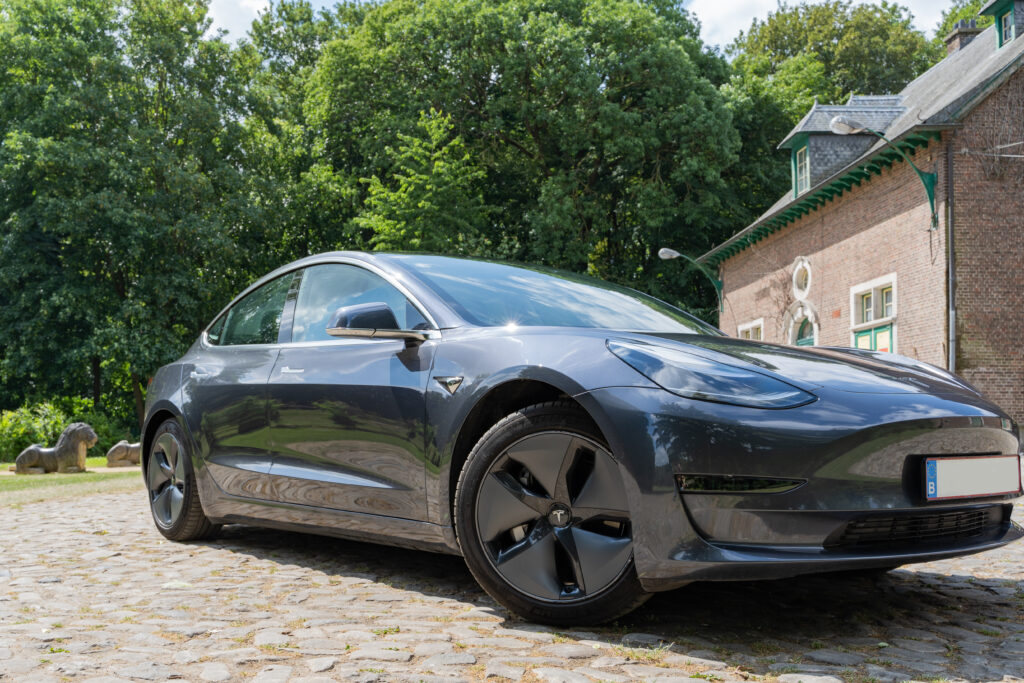
Faster acceleration for a pleasant driving experience
Electric cars have a high-torque electric motor. This ensures that you can always shoot up smoothly from the starting point, which makes driving very pleasant. You do not have to switch and can always benefit from the full power of the batteries. This is not the case with a combustion engine where you often have to switch and warm up first to deliver optimal performance.
Smoothness and comfort
Like everything else in life, you will have supporters and opponents when you decide to go electric. But for many people, the silence of an electric car is a great luxury. The engine works quietly and you do not have to deal with annoying vibrations.
And don’t worry if you’re one of those who crave the classic, sporty engine sound while driving — some electric cars have audio systems that can mimic a subtle engine sound.
As I mentioned, an electric motor works automatically, so you don’t have to switch anymore. This is a comfort worth noting, especially when, for example, you’re in a situation where you have to brake constantly. Nowadays, there are even electric cars that you can drive with only one pedal. (You press the pedal, you will drive faster. If you release the pedal a bit, you will go slower and the car will automatically brake. Cool, right?)
Also, for many of us drivers with tiring days, refueling in the evening is not a fun activity. If you have an electric car, you can say goodbye to this annoyance. You can simply charge your car at home via the socket or at a charging station at work.
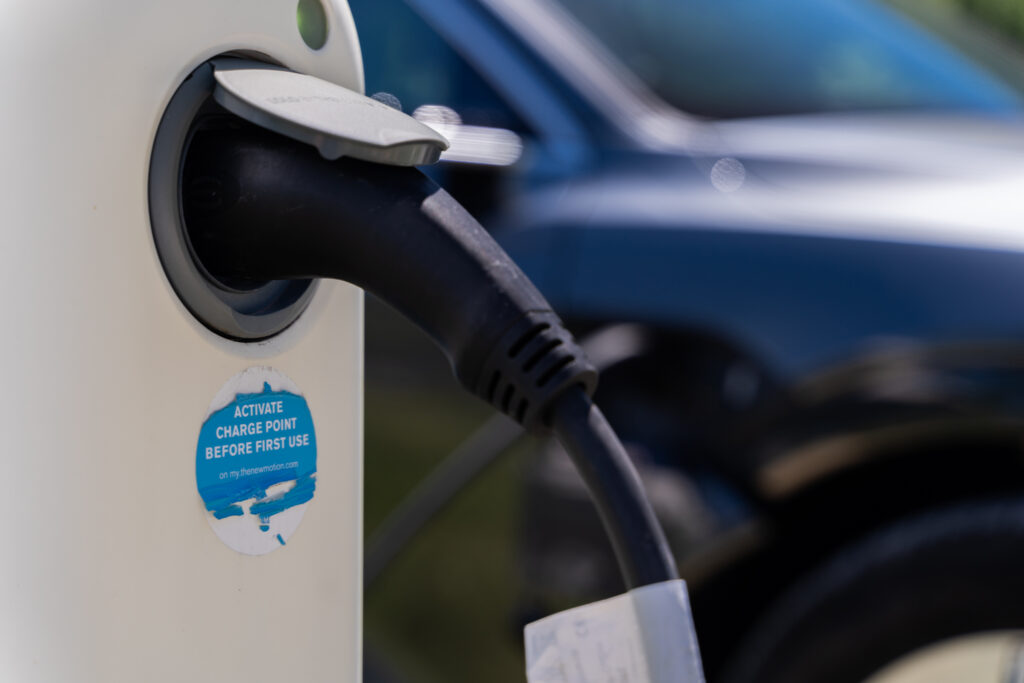
Safety prioritized
An electric car often weighs more than a car with a traditional combustion engine because of the heavy batteries. Sounds like a disadvantage, I know, but in terms of power you will not be bothered by it. Additionally, it makes the car safer. The chassis gains strength due to the batteries in the bottom and the center of gravity of the car is lower and in the middle. Compared to a traditional combustion engine, which is usually placed in the front of the car, it provides more stability on the road.
Contrary to popular belief, batteries are also much safer than driving on flammable liquids. In an accident, the batteries are switched off in a millisecond and they are extremely well insulated. Therefore, an explosion in the event of an accident, which can occur with internal combustion engines, is virtually impossible with electric motors.
Entry to all LEZ zones
From 2020, cities such as Antwerp, Ghent and Brussels no longer allow entry to the most polluting cars. Make no mistake: more cities will follow and the standards will become increasingly strict. For example, cars with EURO 4 standard and below are no longer allowed to enter Antwerp and Ghent. From 2025, vehicles with the EURO 5 standard will also no longer be allowed to enter.
Other major cities in Europe have introduced low emission zones, too. Some cities even intend to bar fossil fuel vehicles completely from 2030 onwards. Therefore, a car with a combustion engine won’t actually get you everywhere. If you plan to buy and use a car for a long time, an electric one is definitely worth considering.
My take
The car manufacturers’ fleet is slowly but steadily becoming more electric and I think we as consumers should follow suit. A few years ago, electric cars were still an exceptional appearance on the street, but that time is over. These manufacturers are already committed — after all, those who do not meet the strict ecological standards will have to bear monster fines soon. So, many manufacturers now want an electric variant for each model… and that, too, within the next five years.









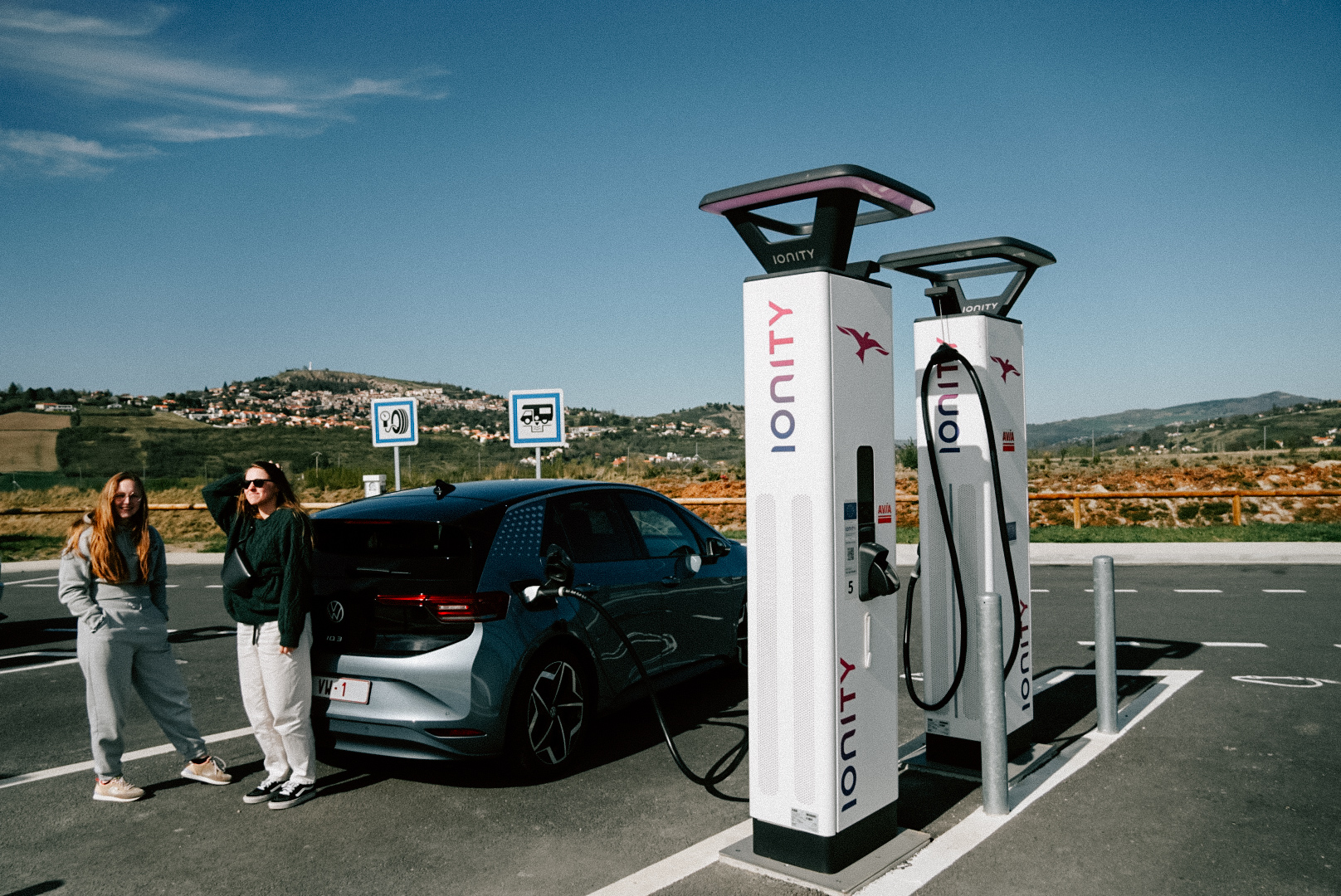
Ronny
Fascinating blog! Is your theme custom made or did you download it from somewhere?
A theme like yours with a few simple tweeks would really make
my blog shine. Please let me know where you got
your theme. Kudos